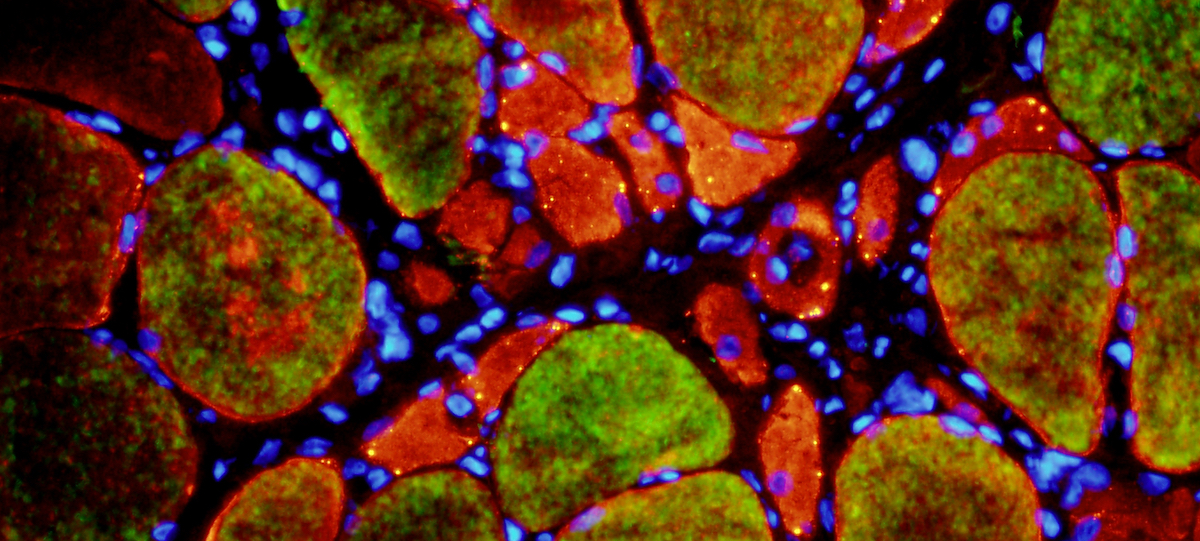
Primary liver cancer is a deadly illness and one of the fastest growing cancer types in the world. Now researchers from the Harry Perkins Institute of Medical Research have developed a new treatment to hopefully turn the tide on liver cancer.
Liver cancer is a major health threat in Australia. While rates of many other cancers are falling, liver cancer is the only top ten cancer on the rise, in both men and women.
Over the past five years, there has been an approximate 30 per cent jump in new cases of liver cancer, and despite the increase in urgency, survival rates for primary liver cancer remain disturbingly low.
To combat this serious health issue, a team of experts from the Harry Perkins Institute have developed a new RNA-based therapy for liver cancer.
Their project entitled ‘developing mRx-7 as a novel RNA-based therapy for liver cancer’ was one of nine WA grants recently awarded in the 2023 Future Health Research and Innovation (FHRI) Innovation Seed funding round.

Professor Peter Leedman AO
Cancer researcher and Perkins Director, Professor Peter Leedman, said liver cancer was rapidly becoming one of the hardest to treat cancers, with few treatment options, and new breakthrough therapies are urgently needed.
“Tragically, patients have just an approximate one in five chance of longer-term survival.
“Thankfully the world of RNA-technology is providing opportunities for new treatments,” he said. RNA-based treatments have had the spotlight on them since the use of mRNA vaccines to prevent COVID-19 infections became global best practice.
RNA-based therapeutics work by changing the expression and activity of specific target molecules, providing a new way to treat diseases that don’t respond to conventional drugs.
“Our team’s RNA-based treatment called mRx-7 is being developed to treat liver cancers for which the prognosis is poor and there are few treatment options”.
“Right now, there are only a small number of drugs to treat advanced liver cancer. For many patients they are not effective and for many others they develop resistance to the drugs.
“We hope to progress our team’s RNA-based research towards testing mRx-7 in early-phase clinical trials in patients with liver cancer, which would be extremely exciting and potentially life-saving,” Professor Leedman said.
The Department of Health FHRI fund supports cutting-edge health and medical innovation, to bridge the gap in access to early-stage funding.
